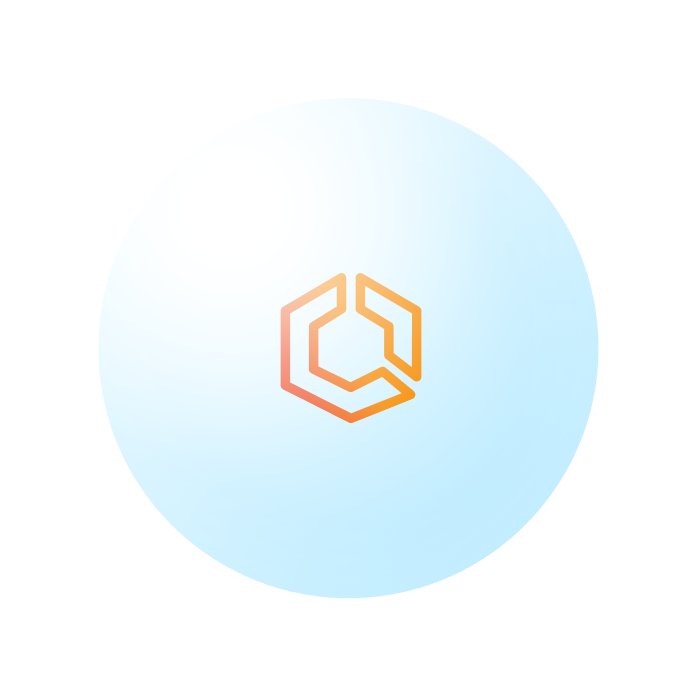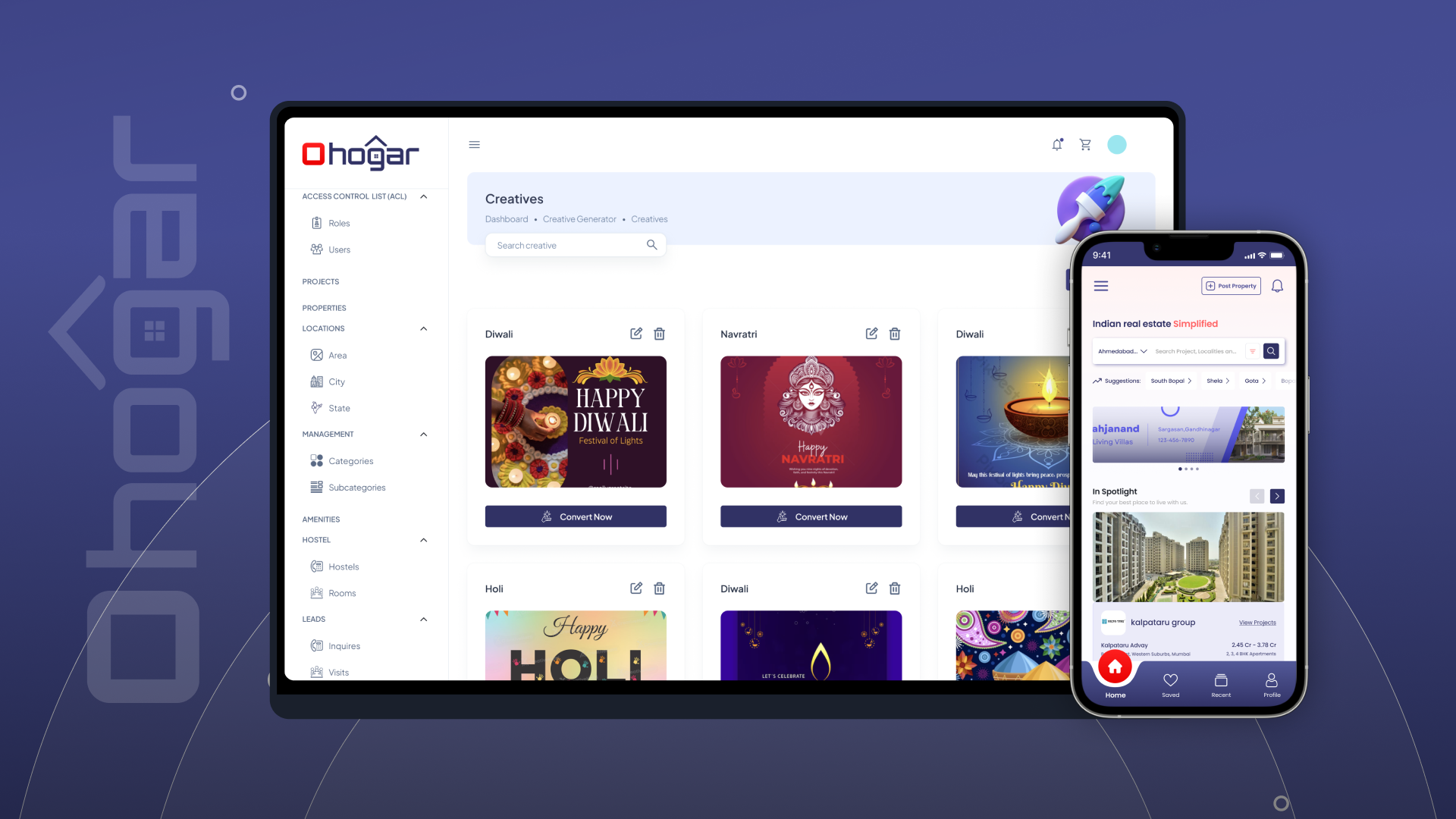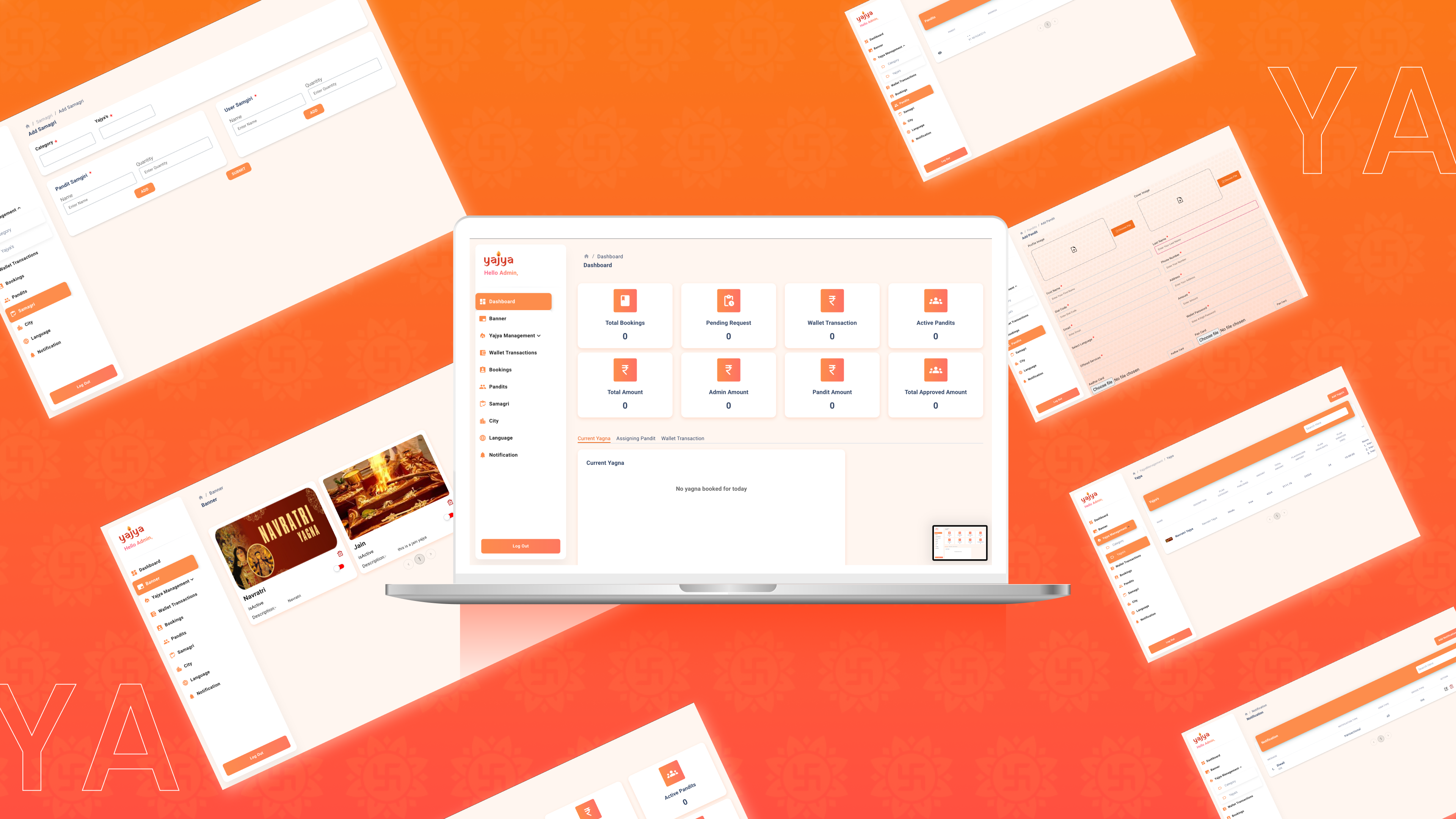
We ensure a seamless Jira deployment, configuring it to align with your business processes for optimal workflow management.
Enhance efficiency with tailored automation rules, reducing manual work and ensuring smooth task transitions.
Leverage Jira’s Agile and Scrum tools for sprint planning, backlog management, and real-time progress tracking.
Integrate Jira with essential tools like Confluence, Bitbucket, Slack, and third-party applications to create a connected ecosystem.
Gain valuable insights with customizable dashboards and reports to track team performance and project progress.
Secure your projects with customizable permissions, ensuring data privacy and access control based on user roles.
Seamlessly integrate our top-tier developers into your workflow.
Boost your team’s capabilities without the overhead of full-time hires.
Access on-demand expertise whenever you need it.






















Amazon Elastic Container Service (ECS) is a fully managed container orchestration service that makes it easy to run, stop, and manage Docker containers on a cluster of EC2 or Fargate instances.
Amazon ECS supports both EC2 instances and AWS Fargate, a serverless compute engine for containers that eliminates the need to manage servers.
To launch a container, you define a task definition that specifies which Docker containers to run and how they are configured. Then, you create a service or run a task based on that definition.
A task definition is a JSON file that describes one or more containers, specifying the Docker image to use, memory and CPU requirements, port mappings, and other configurations.
EC2 Launch Type: You manage the underlying EC2 instances, providing more control over infrastructure. Fargate Launch Type: AWS manages the compute infrastructure, allowing you to run containers without managing servers.
An ECS cluster is a logical grouping of tasks or services. You can use clusters to manage tasks across multiple EC2 instances or Fargate instances.
Yes, Amazon ECS is an alternative to Kubernetes, but you can also use Amazon EKS (Elastic Kubernetes Service) if you prefer to manage your containers with Kubernetes.
Amazon ECS itself does not have any additional costs. You only pay for the resources you provision, such as EC2 instances, Fargate usage, or other AWS services integrated with ECS.
Yes, you can use Docker Compose to define multi-container Docker applications and deploy them on Amazon ECS with the ecs-cli tool.
An ECS service enables you to run and maintain a specified number of tasks simultaneously in a cluster. It also supports features like load balancing and auto-scaling.